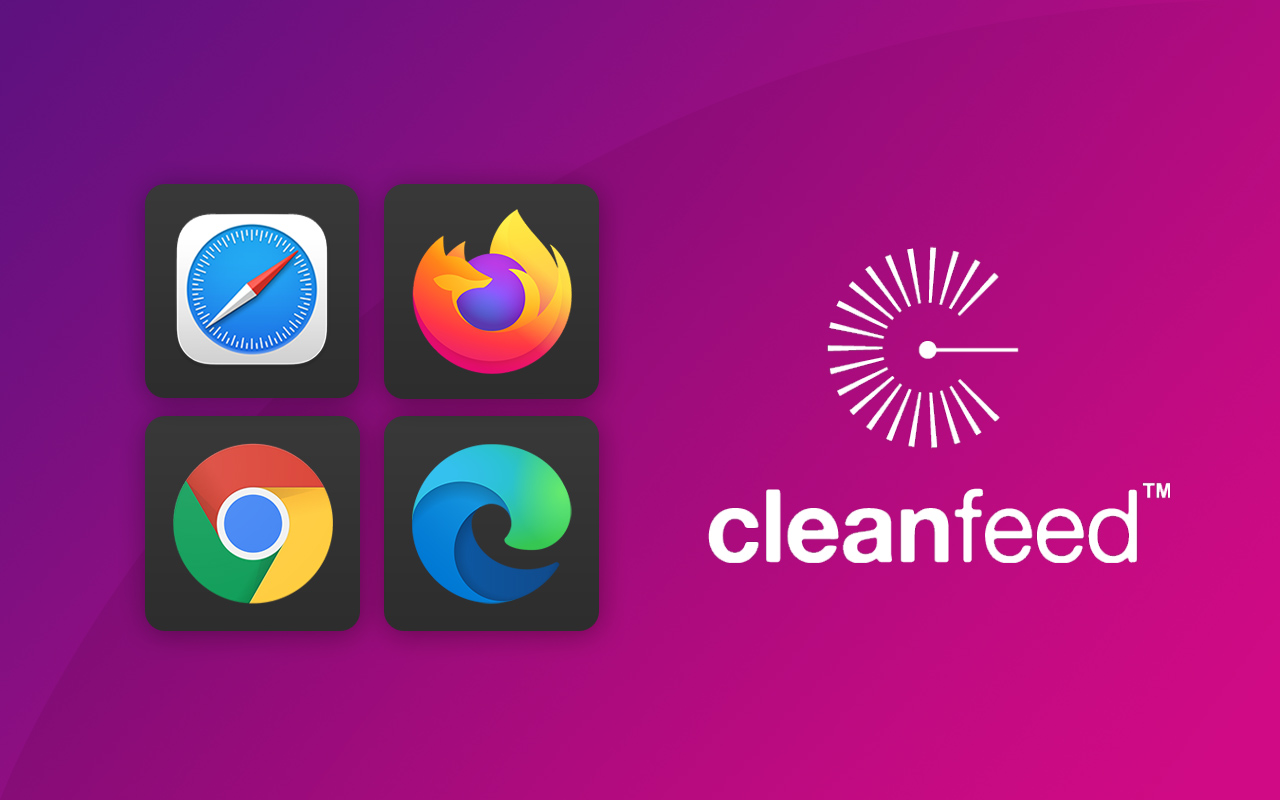Not so long ago we announced compatibility for Firefox. Today we’re going one further! Guests will now be able to join a Cleanfeed session using Safari, on macOS. This update concludes our effort to expand support to all mainstream web browsers; achievement unlocked!
Smooth operator
Safari is a major leap forward for us, the final hurdle in fact. It’s the default browser on macOS and it means guests don’t have to download a different browser in order to join a Cleanfeed session any longer. From today we’re enabling studios to connect with their guests that use Safari, getting straight to the content; spending less time setting up.
Hey, Podcasters! This means a much simpler joining experience for your guests. We know how busy schedules can be, so to have one less step for your guest to join can be the difference between a killer interview and a fumbling mess.
Broadcasters, you’re also in luck. Support multiple setups, with less worrying about who has what equipment. With Safari as the default browser on macOS, now you can connect anyone to your studio with ease.
And journalists, now its quicker to get to the story with a truly one-click joining experience for that reporter, celebrity or politician on their Mac. No need to go back-and-forth with assistants any longer.
How do I invite someone on Safari?
It couldn’t be easier. Invite a guest in the usual way, either via email or a link. Clicking the link normally opens the default browser on Mac; and if that browser is Safari you’ll now be taken straight through.
What’s beta and what’s not?
Safari on iOS remains in beta; but on macOS we’re happy with the performance that we’ve decided there is no need for any beta screen. When your guests access a Cleanfeed link on their Mac, the experience will be similar to that of Chrome and Firefox!
Your guest will need Safari version 14.1.1, or above, to get going.
Can I be the studio?
As we mentioned in our Firefox announcement, running the studio with real-time audio is more complex, plus we hold things to very high standards! However, don’t let this stop you from trying… it just means we’ve not given it our seal of approval. We welcome you to close the warning so you can test. Let us know how you get on! If you do run into any problems, we ask that you switch to the Chrome browser.
What took so long?
It takes a lot of components for Cleanfeed to work harmoniously, to seamlessly connect multiple contributors together thousands of miles away, with low latency and high definition sound. This means tremendous pressure on a browser’s underlying technology for Cleanfeed to run. This begun with Chrome, and as other browsers slowly caught up it’s meant we’ve been able to lift these restrictions.
For a while now Safari on macOS didn’t have specific components for Cleanfeed to run at all. This meant that we’ve been unable to support it. Though from today that changes. Safari [developed by Apple], which runs on the WebKit web browser engine, have made the necessary updates and standardization’s for Cleanfeed to run smoothly for guests.
Browser agnostic
A truly open web relies on different browser environments, not just browsers based on Chromium. Safari, which represents around 18.5% of the worlds share of browsers, has always remained incredibly important to us for this very reason. Not only has it ensured we’re now available on the default browser on both Windows and macOS, but it means we can be reassured by the positive direction that all three major browser engines heading, especially with the technology involved with bringing applications like Cleanfeed alive.
Bringing Cleanfeed for guests, to all mainstream browsers, furthers our commitment to becoming a browser agnostic web application.
